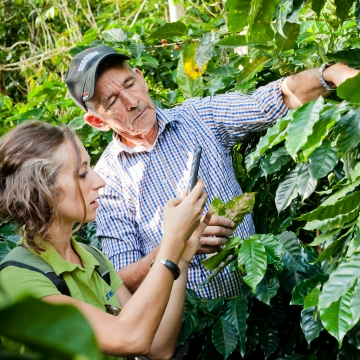Does Relative Income Matter for the Very Poor? Evidence from Rural Ethiopia
Does relative income have an impact on subjective well-being among extremely poor people? Contrary to the findings in developed countries, where relative income has shown a significant and negative impact on subjective well-being, this study (based on different definitions of reference groups) suggests that relative income does not affect subjective well-being among the very poor people in northern Ethiopia.
